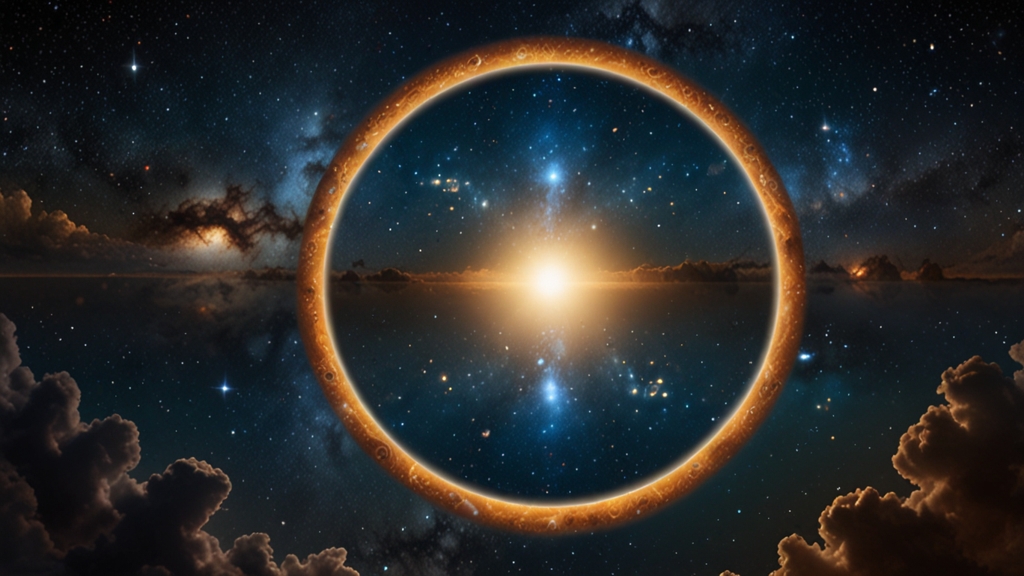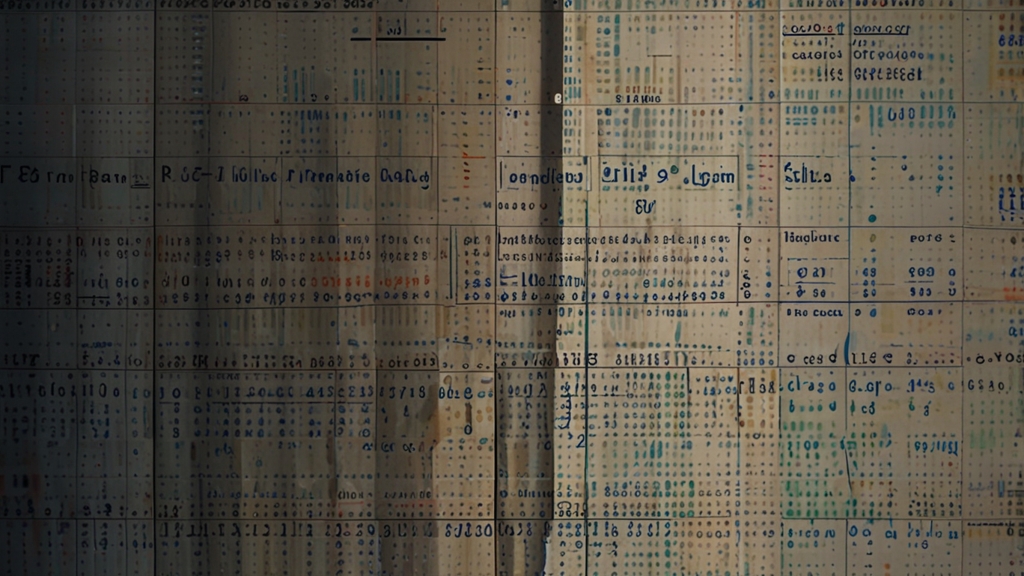The Infinite Understanding: Metaphysics and the Concept of Eternity
Metaphysics is a branch of philosophy that seeks to understand the fundamental nature of reality, existence, and the universe. One of its most intriguing and challenging concepts is the idea of eternity. Eternity, in a metaphysical sense, transcends human comprehension, evoking questions about time, existence, and the infinite. This article delves into the labyrinthine corridors of metaphysics to explore what eternity means and how it impacts our understanding of reality.
The Nature of Eternity
Eternity is often thought of as infinite time. Yet in metaphysical discussions, it can go beyond mere endless duration. Traditionally, eternity has been defined as a state of being that is outside the confines of time altogether. Saint Augustine, one of the early Christian philosophers, described eternity as the "eternal now"—a notion where past, present, and future are a unified whole.
Eternity is the simultaneous possession of endless life, whole and perfect, all at once.
This encapsulates the idea that eternity is not simply “a lot of time” but a different qualitative state of existence beyond temporal limitations. Therefore, to discuss eternity is to delve into the very nature of what it means to exist.
Philosophical Perspectives
Several philosophical perspectives provide unique insights into the concept of eternity. Plato, for example, proposed that true reality exists in the realm of Forms, where eternal and immutable truths reside. In contrast, our physical world is but a shadow of this eternal reality.
Aristotle took a different approach, introducing the concept of the "Unmoved Mover"—an eternal and immutable being that is the source of all motion and change yet remains itself unchanged. This aligns with the idea that there is something eternal that underpins the changing physical world.
God is thought to be among the things that are unchanging and in the most unqualified sense eternal.
This Aristotelian view has influenced many religious and philosophical traditions, shaping the ways in which eternity is understood in Western thought.
Eternity and Modern Science
In modern times, the discussion of eternity has been influenced significantly by advancements in science, particularly in the realms of cosmology and quantum mechanics. Theories such as the Big Bang propose a finite beginning to the universe, making the idea of eternal existence within a temporal framework seem paradoxical. However, concepts such as the multiverse theory suggest the possibility of infinite, parallel universes, each with its own timeline.
Quantum mechanics introduces notions of timelessness on very small scales, where particles can exist in states of superposition, challenging our conventional understanding of time and space. These scientific developments both complement and complicate traditional metaphysical views on eternity.
The Human Experience of Eternity
While the philosophical and scientific aspects of eternity are intellectually stimulating, there is also a deeply personal facet to the concept. Many religious traditions offer forms of eternal life or existence, providing a framework for human beings to grasp the Infinite. The contemplation of eternity often leads to existential reflections on life's purpose, the nature of the soul, and what might lie beyond physical death.
For instance, in Hinduism, the concept of Brahman represents an eternal, unchanging reality amidst and beyond the world, while in Buddhism, the notion of Nirvana entails a timeless, liberated state free from the cycles of birth and rebirth.
Conclusion
The concept of eternity remains one of the most profound and elusive topics in metaphysics. It transcends the boundaries of time, challenging our understanding of existence and reality. Whether considered through the lens of philosophy, science, or personal belief, eternity serves as a powerful reminder of the limitless possibilities that lie beyond our temporal experiences. As we continue to explore and contemplate eternity, we may come closer to grasping the infinite and understanding our place within it.








